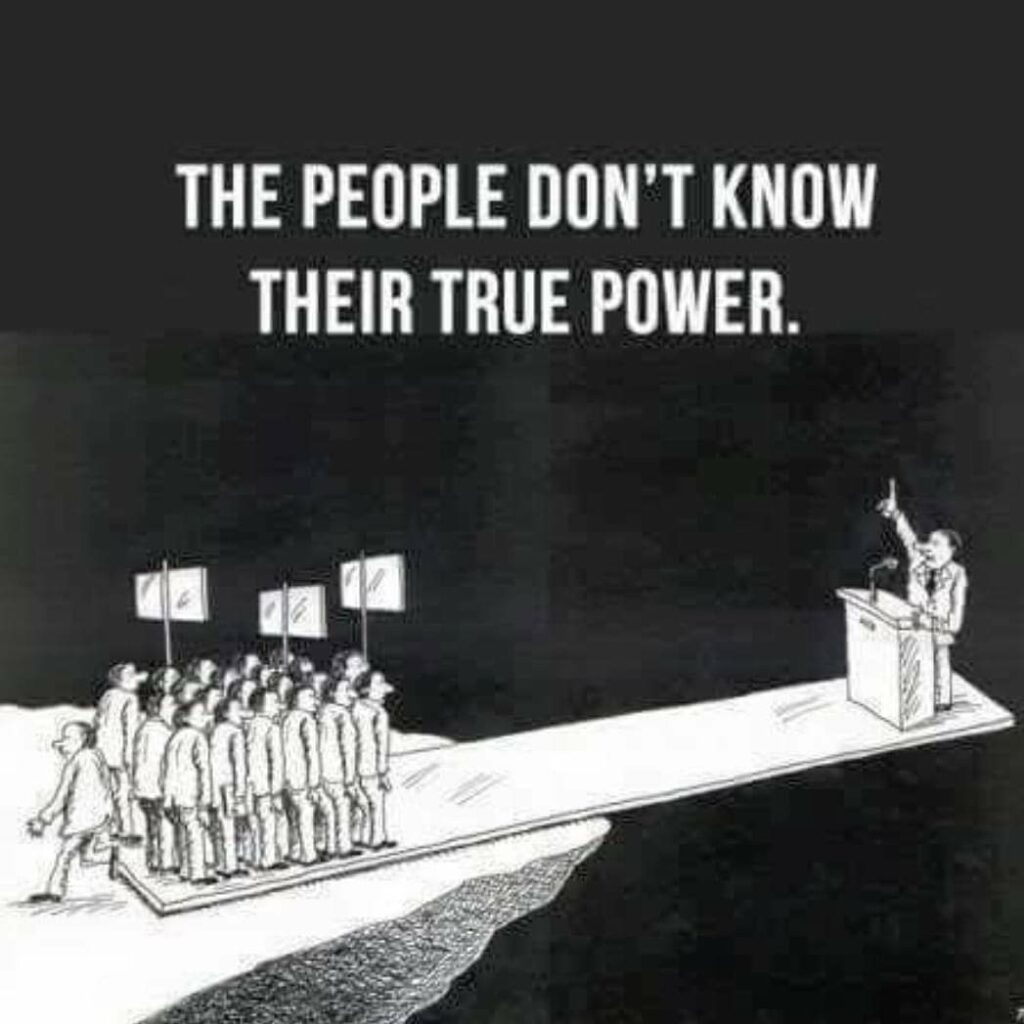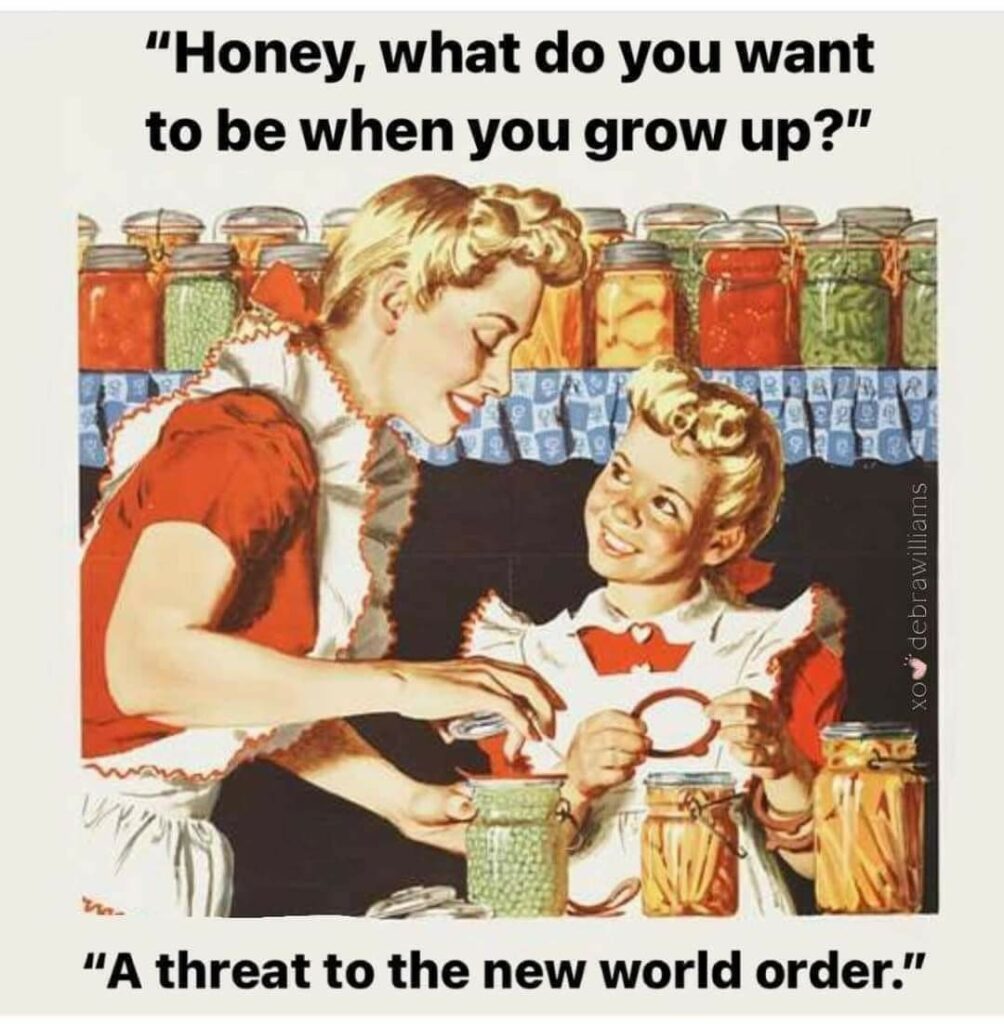You don’t get transformative change by building according to the incentives of the dominant system. A post inspired by rereading Ursula K. Le Guin’s The Dispossessed: An Ambiguous Utopia as part of the Utopia Reading Group in #Oxford
“There’s a point, around the age of twenty, when you have to choose whether to be like everybody else the rest of your life, or to make a virtue of your peculiarities.”
— Ursula K. Le Guin, The Dispossessed
Most people choose the easy path: they find a nice, safe hierarchy and settle in. They obey the rules, repeat the slogans, and mistake obedience for belonging. They stop thinking for themselves. They stop changing.
But change is freedom. Change is life.
Le Guin’s The Dispossessed captures the tension perfectly – between the anarchic, cooperative world of Anarres and the closed, hierarchical planet of Urras. It’s not only a science-fiction metaphor; it’s the current mirror of the #openweb we refuse to look into. The “open” world we imagine is already all around us, fragile, fragile seedlings buried beneath layers of control, ego, and fear.
This is the mess we need to compost, we see it every day. Talented people watching their work and lives being wasted. Good minds submitting to stupid ones. Strength and courage strangled by envy, greed for power, fear of change.
Looking back at web history, think of how #Indymedia burned bright for a moment, then was strangled by internal control and external hostility. Think of how the second reboot – visionOntv on PeerTube – tried to keep that radical history alive, only to collapse again under neglect, lack of support, and the dominance of #dotcons platforms. Ten years of grassroots videos deleted, shadowbanned, or “de-prioritized.” That’s oftern what the suffocation of freedom looks like, not jackboots, but the slow deletion of memory.
Everywhere, the potential for something living and new gets buried under the weight of control. When a grassroots project loses its edge because it’s easier to fit into “funding priorities.” When energy turns to exhaustion, creativity to compliance, rebellion to report-writing. This is the logic of the #deathcult – the slow suffocation of change.
The #deathcult thrives on fear and hierarchy, the illusion that safety comes from control.
It’s not that people don’t care, it’s that the system teaches them not to. Managers, bureaucrats, “leaders” are all terrified of what real openness might unleash.
The banality of obedience. Le Guin warned us that the danger of obedience is not stability, it’s death. Urras, the rich capitalist world, runs on obedience. Anarres, the poor anarchist moon, survives on mutual responsibility.
You can’t get transformative change by operating according to the incentives of that system.
That’s why NGO culture and corporate-funded “innovation” projects always fail the real test.
They replicate the very control structures they claim to challenge.
The composting of culture, the natural world understands what our institutions forget: compost happens whether you want it to or not. What’s dead breaks down, and from that decay, new life takes root.
The same is true for culture and technology. The #dotcons and #closedweb platforms trap creativity and channel it into profit. They turn every act of sharing into data extraction, every connection into surveillance. They turn good minds into “content” and living movements into metrics.
We don’t need more “innovation” within this rot, we need composting. That’s what the #OMN (Open Media Network) is for, taking what’s broken and turning it back into living soil.
A simple, federated network built on the #4opens to grow real, grassroots media again, not as a static structure, but as a breathing, evolving commons.
Revolution is not destruction; it’s renewal. It’s the composting of the dead so that the living may grow. Revolution is our obligation, our hope of evolution.
Choosing life over control, to choose change is to choose life. To cling to control is to choose decay. The #OMN is one path to life, open, messy, collective. The alternative is more of what we already have: talent wasted, good minds ground down, courage strangled.
Le Guin’s lesson still stands:
“You cannot buy the revolution.
You cannot make the revolution.
You can only be the revolution.”
Let’s be that change. Let’s compost the dead systems, and make space for what’s next.
#4opens #openweb #OMN #nothingnew #techshit #deathcult #TheDispossessed #UtopiaReadingGroup
















